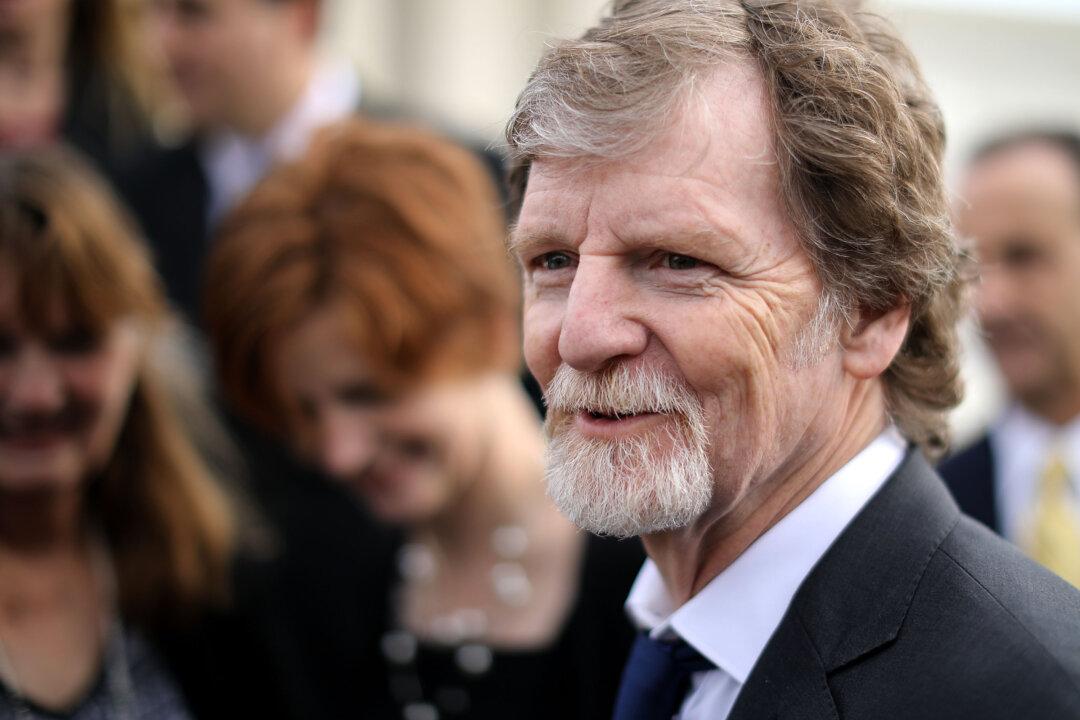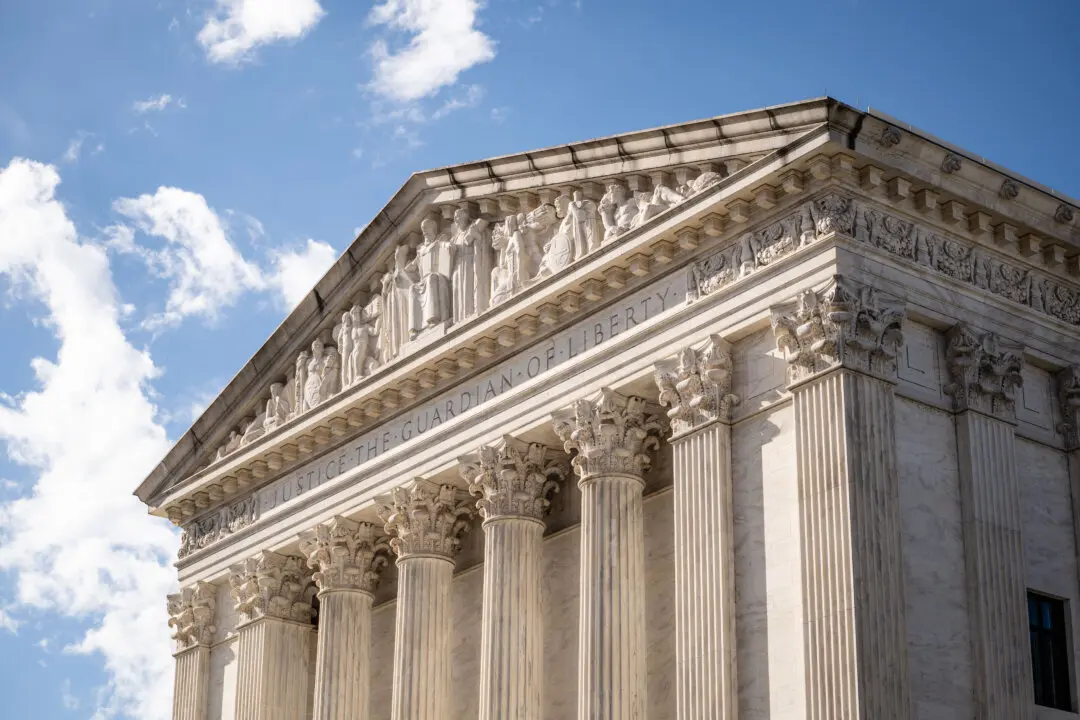The lawsuit against a Christian baker who refused to bake a “gender transition” cake was dismissed by the Colorado Supreme Court on Oct. 8 in a ruling that left open core questions about discrimination and free speech.
In a 4–3 decision, the court said that it “cannot answer” the underlying constitutional question “because of a threshold issue of administrative law and statutory interpretation.”





